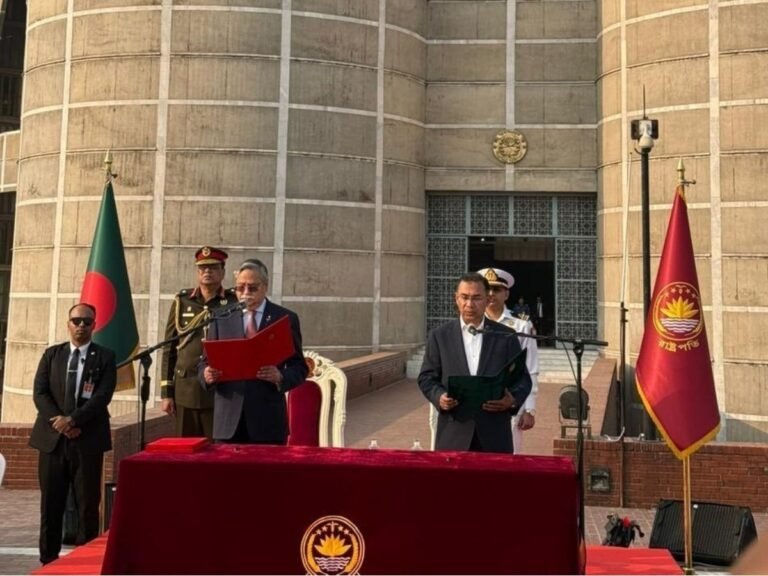World AIDS Day, observed every year on December 1st, is a day dedicated to raising awareness about the ongoing HIV/AIDS epidemic and promoting global solidarity in the fight against the disease. It is a day to honor the millions of lives lost due to HIV/AIDS, as well as a day to acknowledge the progress made in the fight against the virus, while recognizing that there is still much work to be done.
The Significance of World AIDS Day
World AIDS Day was first observed in 1988, marking the first global effort to bring attention to the HIV/AIDS crisis. The day serves as a reminder of the importance of continuing to educate the public, raise awareness about HIV prevention, and reduce the stigma that still surrounds the disease. It also emphasizes the need for continued research, access to treatment, and support for people living with HIV.
Each year, World AIDS Day is observed with a specific theme, chosen by organizations like the World Health Organization (WHO) and UNAIDS, to guide conversations and actions around the epidemic. These themes have ranged from addressing stigma and discrimination to increasing access to life-saving treatments and advocating for greater investment in research.
The Impact of HIV/AIDS
Since the HIV/AIDS epidemic began in the early 1980s, it has had a profound impact on individuals, families, and communities around the world. According to the World Health Organization (WHO), an estimated 38 million people are currently living with HIV worldwide. While antiretroviral therapy (ART) has enabled millions of people to live longer and healthier lives, the stigma surrounding HIV remains a major barrier to treatment and prevention efforts.
HIV disproportionately affects certain populations, including men who have sex with men, people who inject drugs, sex workers, and transgender individuals. Additionally, women and children, particularly in sub-Saharan Africa, continue to face increased vulnerability to HIV infection. Despite advancements in treatment, there is still a long way to go to ensure that everyone has access to prevention, testing, and treatment services.
Progress and Challenges
In recent years, significant progress has been made in the fight against HIV/AIDS. The availability of antiretroviral therapy (ART) has transformed HIV from a death sentence to a manageable chronic condition. People living with HIV can now lead long, healthy lives with proper treatment, and the use of pre-exposure prophylaxis (PrEP) has proven effective in preventing HIV transmission.
However, challenges persist. There are still gaps in access to HIV prevention, treatment, and care, particularly in low-income countries and among marginalized communities. Stigma and discrimination continue to discourage people from getting tested, seeking treatment, or disclosing their status. Furthermore, there is still no cure for HIV, although ongoing research offers hope for future breakthroughs.
How We Can Make a Difference
World AIDS Day is an opportunity for people worldwide to unite in the fight against HIV/AIDS. There are several ways individuals, communities, and organizations can contribute to the cause:
- Educate and Raise Awareness: By learning more about HIV and sharing accurate information, we can help break the stigma and misinformation surrounding the virus.
- Get Tested: HIV testing is crucial for early diagnosis and treatment. It is important to know one’s HIV status and encourage others to get tested.
- Support Those Living with HIV: Offering support and understanding to people living with HIV can help reduce stigma and improve their quality of life. Volunteer with local organizations or donate to HIV/AIDS research.
- Advocate for Policy Change: Advocate for policies that increase access to prevention, testing, and treatment services for everyone, especially for vulnerable populations.
Conclusion
World AIDS Day is a reminder that the fight against HIV/AIDS is far from over. While progress has been made, millions of people around the world still face challenges in accessing treatment, prevention, and support. On this day, we honor those who have lost their lives to HIV/AIDS, support those who are living with the virus, and renew our commitment to ending the epidemic.
Together, we can continue the fight against HIV and work toward a world where no one is left behind. Let World AIDS Day serve as a call to action for everyone to take part in the global effort to end HIV/AIDS for good.



